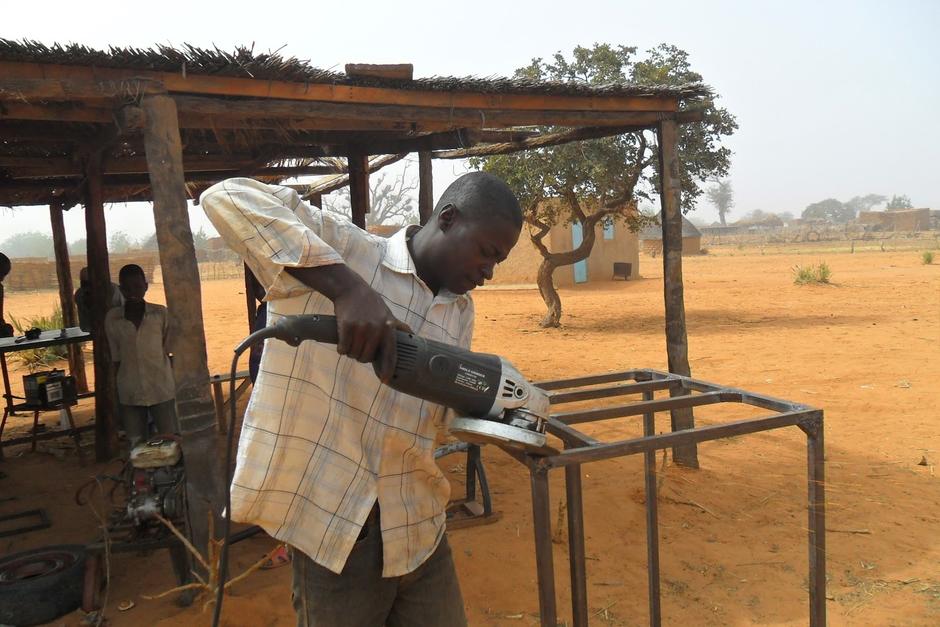
Humanitarian and Development
Place
Dosso region, Niger, Niger
Sponsor
Zakari Boureima
Grant(s)
10 000 € to the Selection Committee at 2009/09/29
Project leader
The Association Mener des Actions de Développement Durable en Afrique (M.A.Dé.L.A.) has been active in Niger in remote villages for several years, with the primary aim of training and economic development. So far, two rural training and outreach centers have been created; a project for groundnut processing and truck farming backed by the Veolia Foundation was also initiated in 2008.
Yet the satisfaction of the immediate needs of the population does not permit an effective and durable contribution to the development of the economic fabric in a rural environment. Only activities designed to reach markets outside the village can enable a large number of persons to acquire training, starting with the children, whose schooling hours are considerably reduced by darkness, with nightfall at 6 pm in these latitudes.
The development of a solar lamp offers an answer to the problem, which is both practical and fosters local development
The Veolia Foundation has accompanied the association's project at the technical level. The recommendations of an engineer helped refine the specifications for the production of solar lamps with light emitting diodes (LED). These are encased in a recycled aluminum can, and powered by a rechargeable battery for continuous use of 8 to 10 hours, with a charge time of 3 hours - one solar panel is sufficient for 4 lamps.
This local non-agricultural production in a rural zone is opening up outside markets, particularly with the potential demand of the NGO's that are still equipping the villages with kerosene lamps today. These lamps cost €12, whereas 4 lamps sold with one solar panel cost €26.
To carry out this project, a score of persons, young artisans from CADER, will be trained in production or management. The start-up of this new activity demands the creation and equipment of a workshop, in other words, a room equipped with a solar panel to supply energy to the workstations, and the equipment required for production.
The M.A.Dé.L.A. project responds to the urgency of providing the means for thousands of villagers to acquire a degree of self sufficiency, while developing the rural economic fabric and promoting mass access to training.

